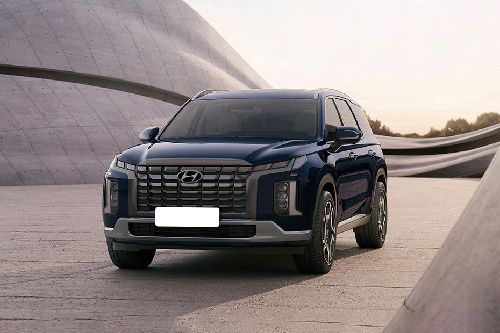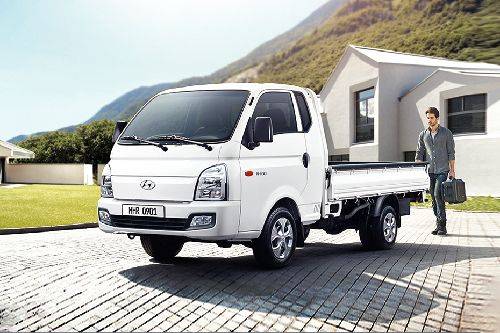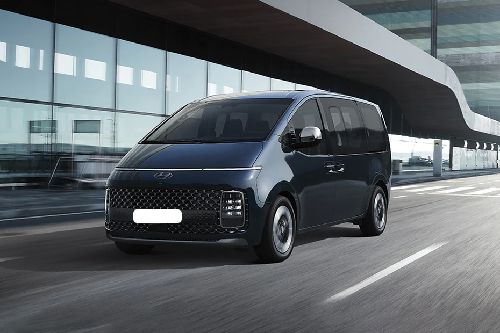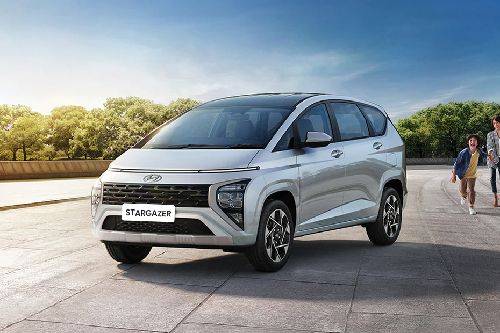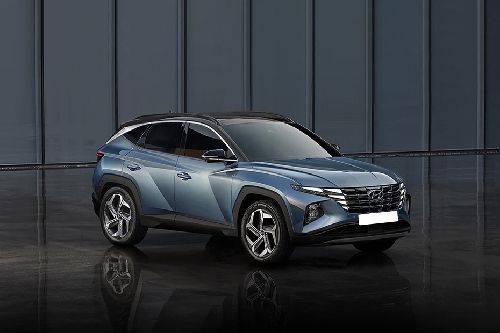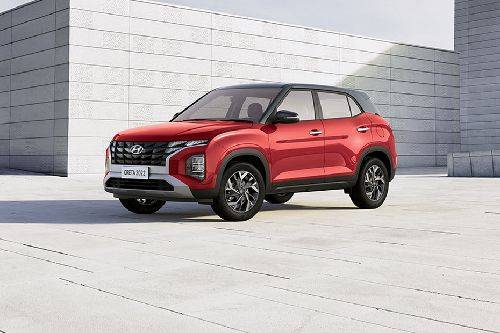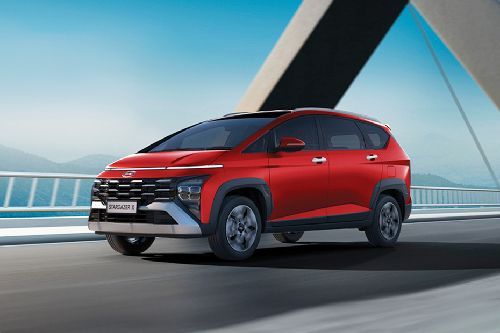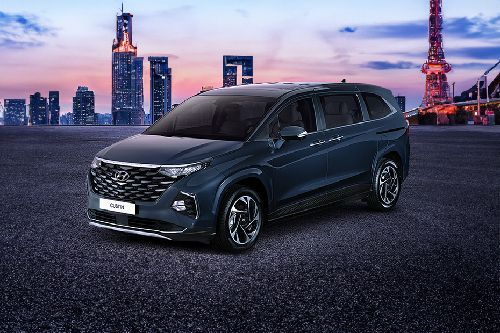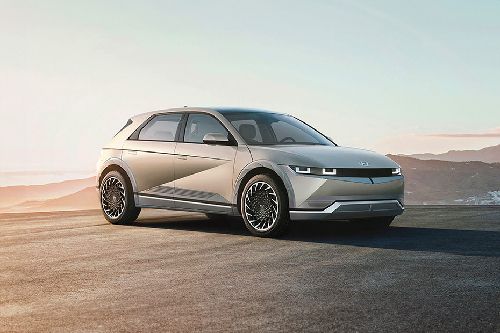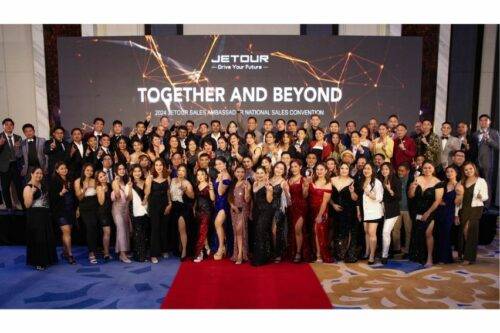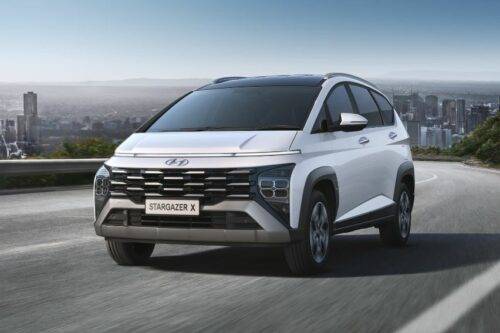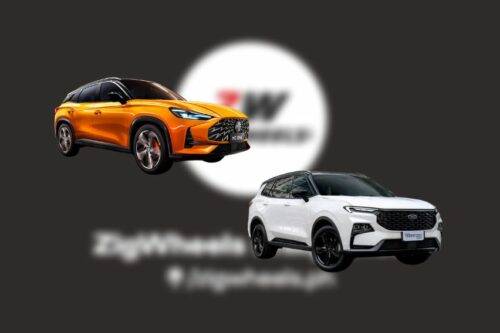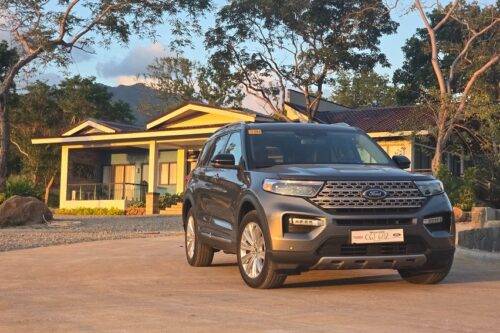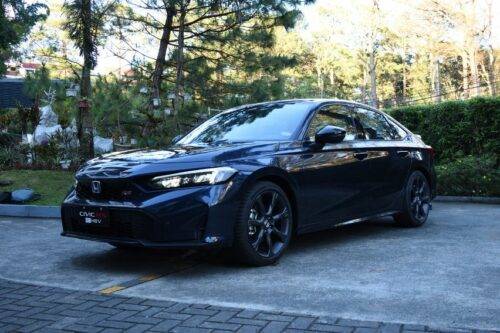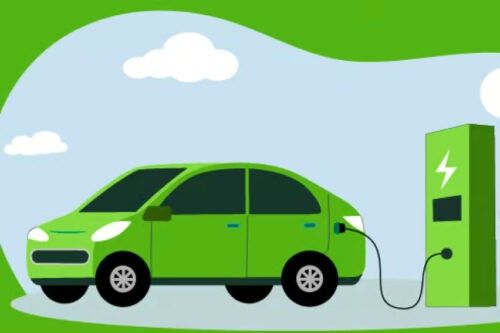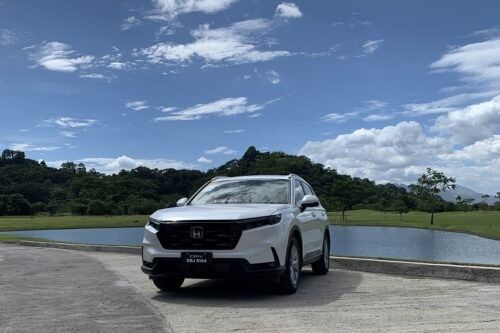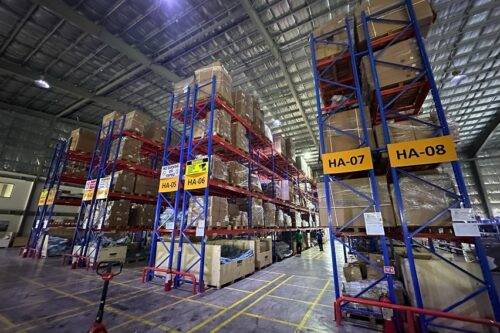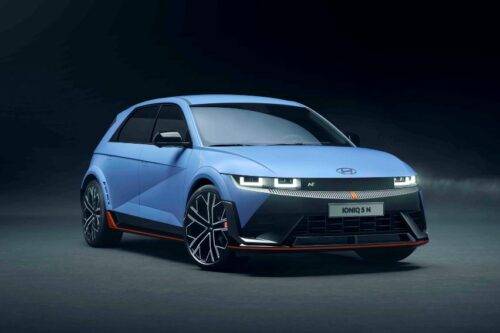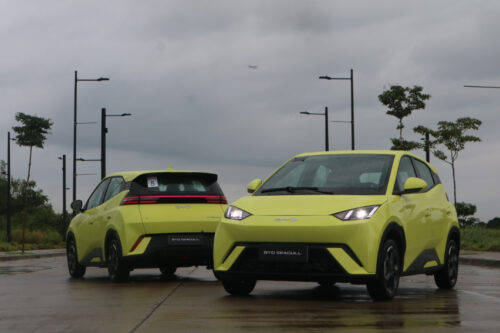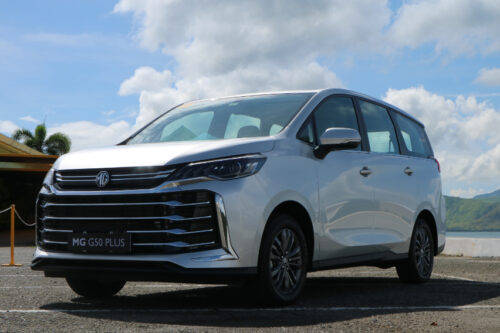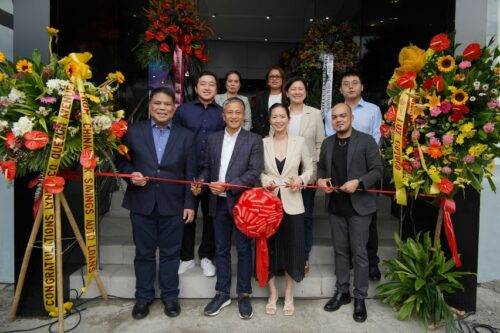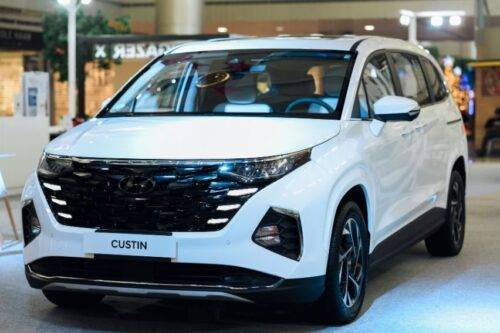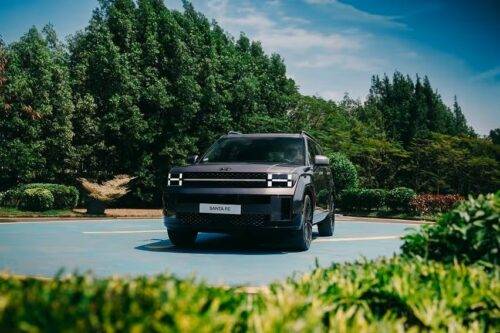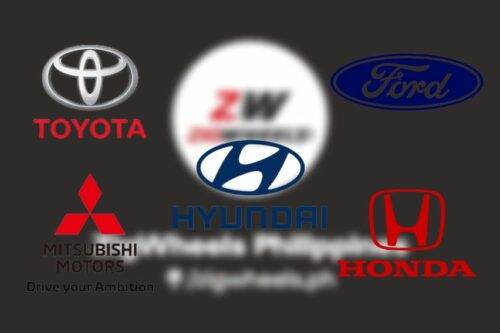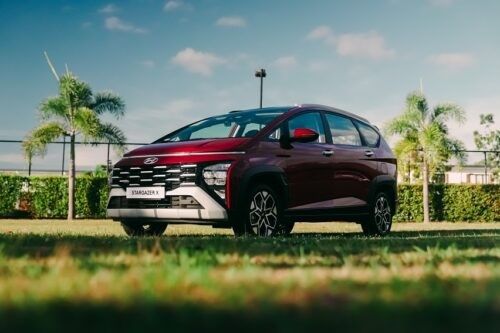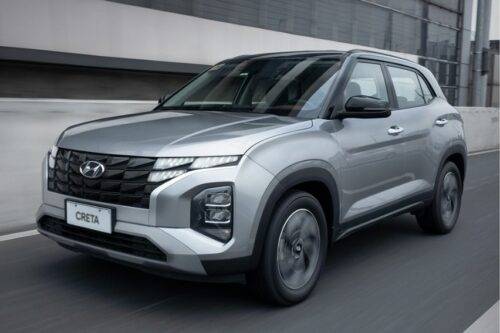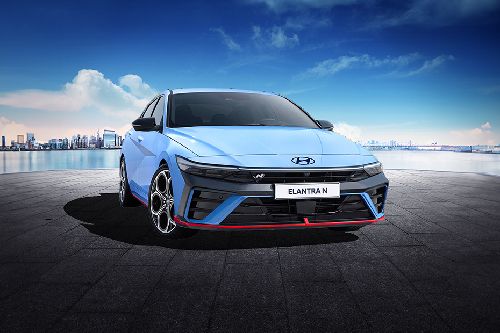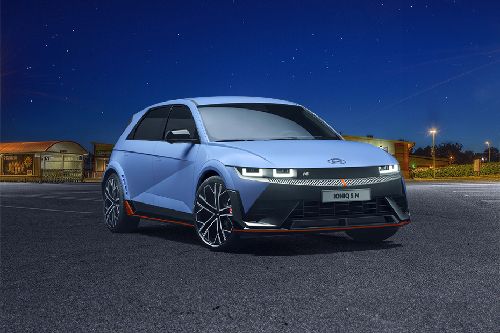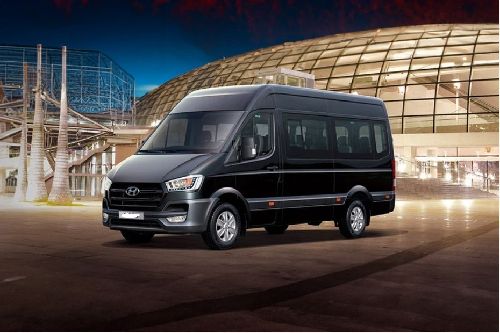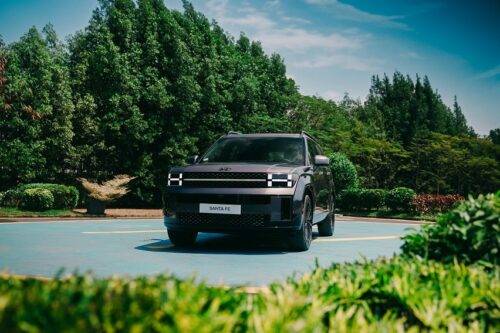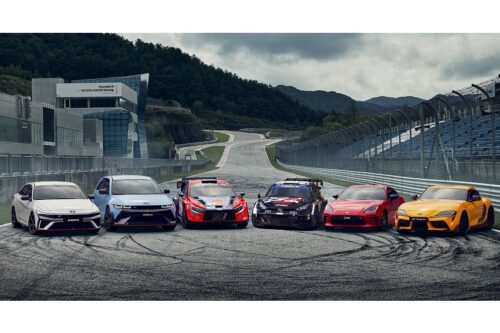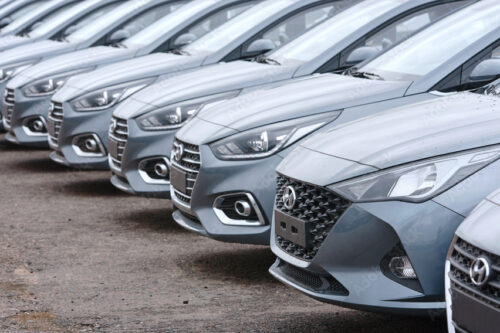Hyundai presents smart mobility solutions at 2022 Bloomberg New Economy Forum
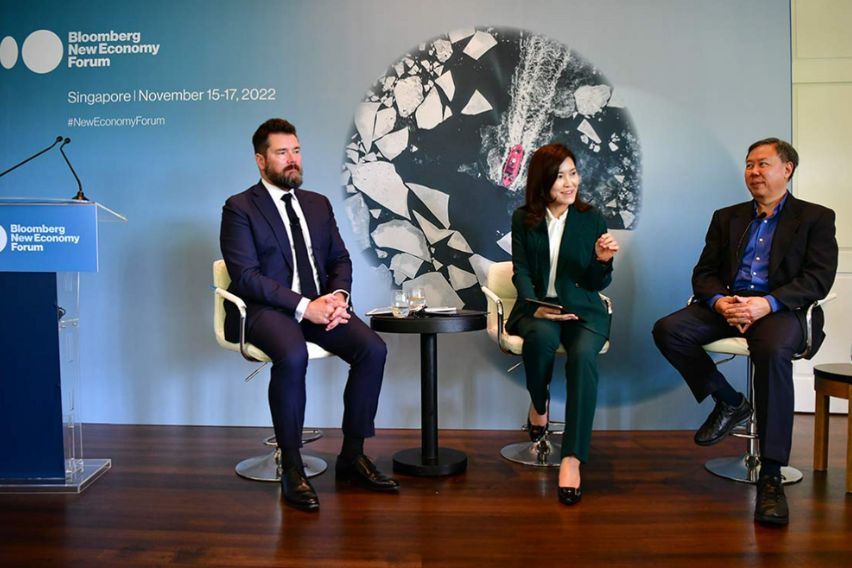
MANILA: Hyundai Motor Group highlighted its plan to accelerate the new economy with smart mobility solutions like its Smart City concept and advancements in robots and artificial intelligence (AI) at the 2022 Bloomberg New Economy Forum, held in Singapore on November 14 to 17.
KEY TAKEAWAYS
What is Bloomberg New Economy Forum?
The Bloomberg New Economy Forum, founded in 2018, gathers more than 500 of the most influential CEOs, leaders, visionaries, scientists, entrepreneurs, and policymakers from around the world to discover solutions to some of humanity's most pressing issues.How does Hyundai define mobility?
Hyundai Motor Group defines mobility as the movement of individuals using technologies including purpose-built vehicles, autonomous shuttles, and car-hailing, along with urban air mobility and individualized micro-mobility.The Bloomberg New Economy Forum, founded in 2018, gathers more than 500 of the most influential CEOs, leaders, visionaries, scientists, entrepreneurs, and policymakers from around the world to discover solutions to some of humanity's most pressing issues. The discussions were broadcast live around the world. Hyundai Motor Group was one of the Bloomberg New Economy Forum's founding partners.
The fifth annual Bloomberg New Economy Forum, which was hosted by Michael Bloomberg, had a theme “Lighting a path through the storm.” For its part in the event, Hyundai Motor Group chose the theme “Hyundai accelerates the new economy through its smart mobility solutions,” which captured its strengths as a provider of smart logistics and mobility solutions for Smart Cities and a pioneer of robotics and AI technologies.
Hyundai Motor Group’s participants in the event are Hyundai Motor Group Executive Chair Euisun Chung, Hyundai Motor Company President and Chief Executive Officer Jaehoon Chang, Advanced Air Mobility Division President and Head Jaiwon Shin, HMGICS Senior Vice President and Head Hongbum Jung, Smart City Innovation Group Vice President and Head Hyeyoung Kim, and AI Institute Executive Director and Head Marc Raibert.
Kim led the Hyundai Partner Session at the Bloomberg New Economy Forum to discuss why the Hyundai Motor Group believes that smart cities are the future of urban development after they presented the Smart City Vision at the World Cities Summit in Singapore earlier this year.
Kim also discussed the development of Hyundai Motor Group's logistics solutions and emphasized how its groundbreaking services and technology will boost Smart Cities' levels of productivity, convenience, and sustainability. She also gave insights on how legacy cities, such as Paris and London, can use the Smart City model in addition to brand-new metropolitan areas and greenfield sites.
Kim illustrated at the partner session how Hyundai Motor Group's Smart City solutions benefit both logistics and mobility. Hyundai Motor Group defines mobility as the movement of individuals using technologies including purpose-built vehicles (PBVs), autonomous shuttles, and car-hailing, along with urban air mobility (UAM) and individualized micro-mobility.
“Moving people and goods has always been at the center of innovation and prosperity in cities. The Group aims to provide social and economic benefits to Smart City citizens by enhancing the residents’ quality of life, reducing congestion and pollution, and improving efficiency through innovation of its smart mobility and logistics solutions,” Kim stated.
Hyundai Motor Group's vision for the Smart City also depends on robotics and AI advancements. Stretch and Spot robots from Hyundai Motor Group subsidiary Boston Dynamics could one day be used to improve logistical efficiency and to lessen traffic, which would be advantageous to both businesses and residents in Smart Cities.
Hyundai Motor Group defines logistics as the movement of goods, for which it is working with its IT arm, Autoever, and logistics division, Glovis, to develop a range of smart solutions. Some of the available advanced assests are autonomous mobile robots (AMRs) for loading and unloading, optimized operation solutions like Stretch, and last-mile delivery solutions like Spot. Moreover, Hyundai Motor Group will provide micro-mobility solutions to ease the movement of commodities.
Raibert took part in a roundtable discussion at the Bloomberg New Economy Forum, examining the advantages that future generations of highly intelligent robots could provide for humanity. These include addressing the labor shortage in a changing workplace, releasing people from dirty and risky jobs, and fostering smart logistics to support smart cities.
Raibert elaborated Hyundai Motor Group's goals to develop cognitive and athletic intelligence in robots, enabling them to have better situational awareness, perception, and reasoning as well as the ability to use these qualities to comprehend and manage their own behavior.
“Robots already have some impressive physical skills, but they remain limited in their ability to process what is going on around them, interpret the actions of others, and use that understanding to plan their own behavior. Developing the perception, situational understanding, reasoning and other cognitive functions underpinning these abilities is critical to achieving the true potential of robotics and other types of intelligent machines. Once they have those abilities, in addition to even more advanced physical skills, they will start freeing humans from dangerous and strenuous work, increase productivity, and help people live better lives,” Raibert said.
The area of robotics still has a ton of unrealized potential, despite recent advancements in technology that allow robots to independently do inspection duties, work in warehouses, and even dance. Robots may be skilled in a variety of physical tasks, but they are still generally unable to comprehend and adapt to their environment. This limits their efficiency and makes them more challenging to use in real-world situations.
Through AI Institute, Hyundai Motor Group will work to create technology that will augment the intelligence of robots, expand the range of activities they can complete, and make them more useful. They will be able to learn how to perform new tasks by watching how humans do them, check the functionality of other machines, and properly diagnose and fix any issues they find.
Photo from Hyundai Motor Group
Also read: 2 winners of Hyundai PH’s FIFA World Cup Qatar 2022 Test Drive Promo named
Sell your car at the best price
 Verified and genuine buyers
Verified and genuine buyers
Hyundai Car Models
PIMS 2024
Trending & Fresh Updates
- Latest
- Popular
You might also be interested in
- News
- Featured Stories
Hyundai Featured Cars
- Latest
- Popular
Latest Hyundai Car Videos on Zigwheels

Hyundai Car Articles From Carmudi
- journal
- financing
- insurance

